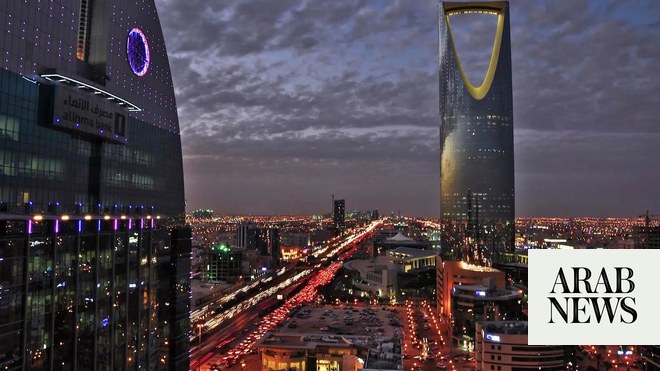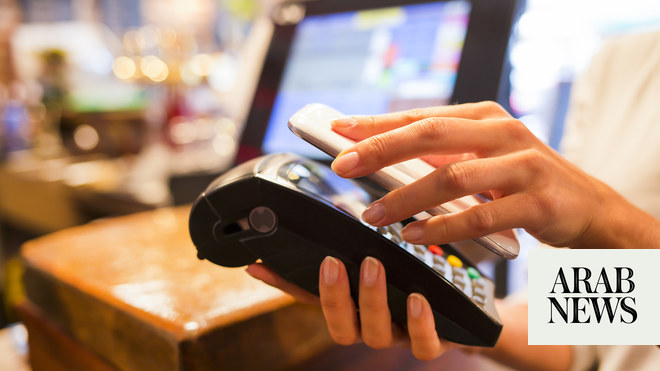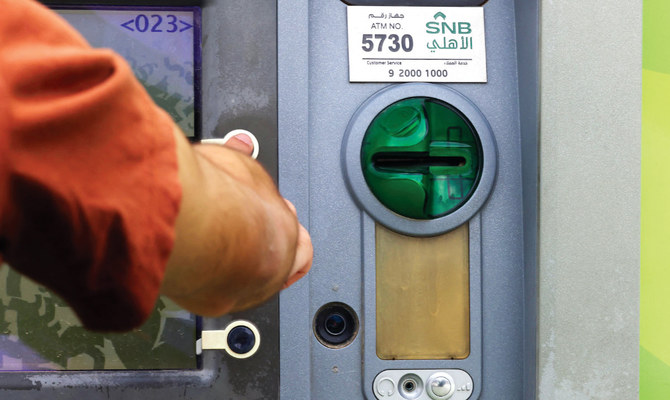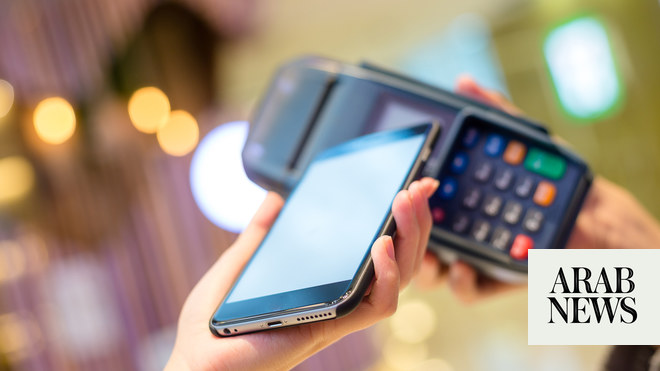
RIYADH: Point-of-sale payments in Saudi Arabia recorded an 11 percent annual increase in January to reach SR53.8 billion ($14.35 billion), the latest data issued by the Saudi Central Bank showed.
The surge in POS payments reflects the Kingdom’s commitment to digitalization and investments in a tech-driven future. Saudi Arabia is taking several measures to foster sustainable cities and a robust digital economy embraced by a tech-savvy population.
The largest portion of POS spending in January was allocated to beverages and food, comprising 16 percent of the total at SR8.44 billion. It was followed by spending on restaurants and cafes, accounting for 15 percent and reaching SR8.14 billion, according to the central bank, also known as SAMA, data.
The surge in spending on miscellaneous goods and services, encompassing personal care items, supplies, maintenance, and cleaning, represented the largest portion at 20 percent of the overall increase in POS sales during the aforementioned period. This category accounted for 12 percent of the total expenditure in January 2024, reaching SR6.47 billion with a growth rate of 21 percent.
Noteworthy increases in POS payments were observed in utilities, rising by 34 percent to reach SR516.77 million, and hotels, which grew by 28 percent, totaling SR1.56 billion. Spending on jewelry also experienced a substantial growth of 27 percent to reach SR957.58 million.
Saudi Arabia’s Digital Government Authority, established in March 2021, is driving the digitization of utility payments, to create an efficient digital government. It focuses on integrating state entities and improving service delivery through technology, emphasizing secure and accessible government services.
Riyadh stood out as the city where 34 percent of the total POS transactions took place, followed by Jeddah at 14 percent.
The growing population of Riyadh, from about half a million in 1972 to over 7.8 million in 2024, alongside the city’s increasing urbanization and the establishment of numerous international headquarters, has contributed to its evolution into a bustling business and digital hub, where the majority of sales transactions occur.
On the other hand, Saudi Arabia’s Vision 2030 targets a 70 percent non-cash transaction rate by 2030, paving the way for significant fintech expansion. With strong government backing and a tech-savvy millennial population eager to adopt innovative payment methods like digital wallets and contactless cards, the market holds vast potential.
Data from SAMA showed the closure of 354 ATMs since January 2023 and a 0.32 percent reduction in bank cash withdrawals. Conversely, the issuance of 5.16 million cards during this period suggests a shift from physical cash toward digital methods.
In February 2024, Mastercard signed a deal with Loop, a SAMA-licensed digital payments technology firm in Saudi Arabia, to broaden access to advanced credit card options and cutting-edge payment solutions for businesses and consumers.
Loop intends to enrich its products and services by tapping into Mastercard’s technology and expertise, as outlined in a statement from Mastercard.
Under the deal, both companies will jointly issue Bank Identification Number ranges, enabling access to cutting-edge payment solutions for consumers, merchants, and fintech entities throughout the Kingdom.
This collaboration signifies progress in Saudi Arabia’s digital payments infrastructure, potentially creating new opportunities for seamless and secure transactions.
According to Adam Jones, country general manager, MENA central at Mastercard: “Today, technology and innovation are the bedrocks of sustained success; particularly with businesses and financial institutions around the world being confronted with new and unprecedented challenges.”
“We work to empower our clients and partners with the tools to meet their targets and accomplish their goals. We aim to enable Loop to do just that, catering to the needs of Saudi businesses and consumers with an innovative range of payment solutions,” he added.
The agreement also highlighted the dedication of both parties to strengthen the Saudi fintech environment. Collaboratively, they will introduce a range of innovative offerings to the expanding community of small and medium enterprises and fintech firms in the Kingdom, empowering them to address the needs of a swiftly changing global economy.
Loop CEO Ali Al-Obaid said: “We believe financial inclusion is vital to powering social and economic reform in Saudi Arabia.”
“Partnering with Mastercard and leveraging the company’s technology will enable us to do that and more, contributing to the Kingdom’s prosperity,” he added.
Additionally, Saudi Arabia is focused on enhancing the tourist experience through collaborations and investments in technologies. For instance, in March of this year, Amazon Payment Services, a digital payments provider in the MENA region, partnered with Red Sea Global to enhance the online payment experience for travelers in Saudi Arabia.
This collaboration aims to deliver a suite of payment solutions customized to meet the needs of Red Sea Global’s customers.
In this partnership, the digital payments provider is also offering its core payment processing services to facilitate online booking and payments for Red Sea Global travelers. By collaborating with industry leaders, the provider aims to support Saudi Arabia’s citizens and businesses.
According to Peter George, managing director of Amazon Payment Services: “Our payment methods fully and seamlessly integrate with Red Sea Global’s infrastructure, making their offering even more accessible, reliable, and easy to use.”
This effort contributes to a diversified financial sector, aligning with the goals of Saudi Vision 2030 to bolster the tourism and heritage sector.












